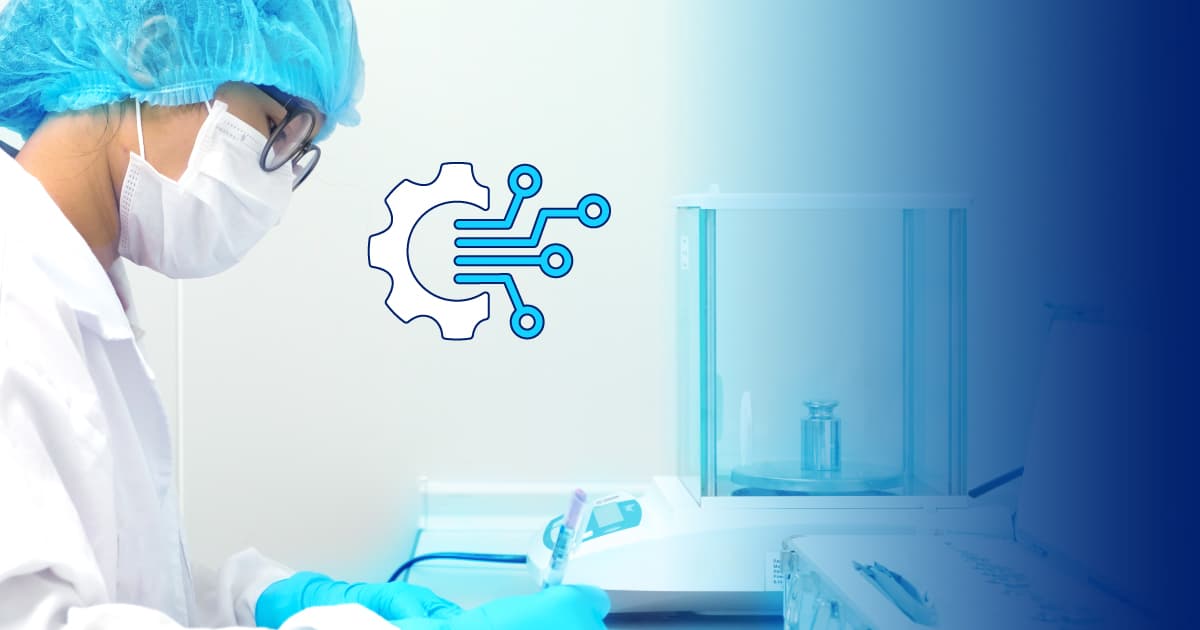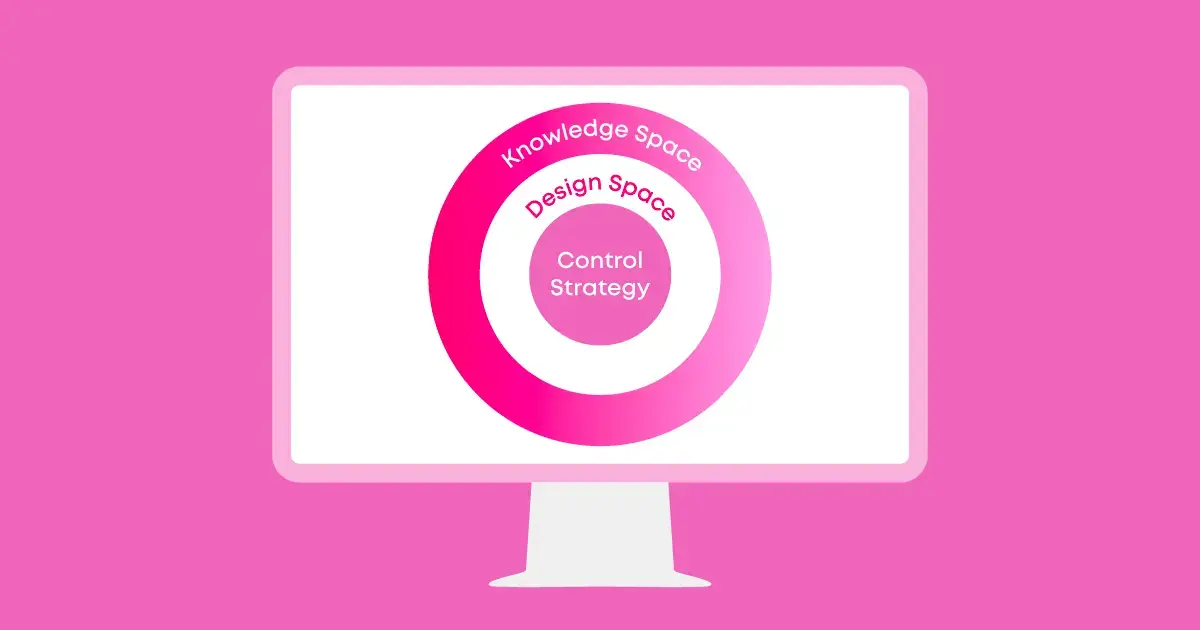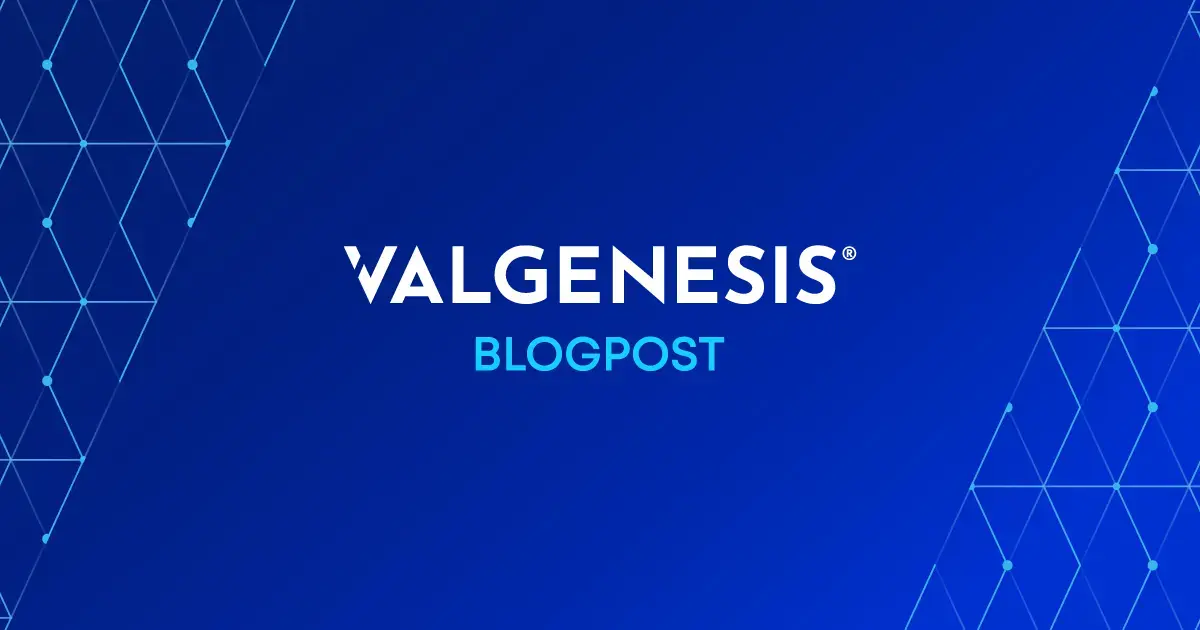Why You Should Transition from Pen/Paper to Digital Logbooks

Enhanced data integrity
One of the primary benefits of transitioning to digital logbooks is the assurance of enhanced data integrity. Electronic logbook management makes it easier to follow ALOCA+ data integrity principles, which emphasize that data should be attributable, legible, contemporaneous, original, accurate, complete, consistent, enduring, and available.
Digital logbook software features that encourage ALCOA compliance include:
- Electronic signatures with date and time stamps: Built-in features like timestamps, user authentication, and data encryption provide a secure, tamper-proof environment for recording and storing logbook data. You can easily meet 21 CFR Part 11 and Annex 11 compliance requirements for electronic records.
- Version control: Unlike paper logs, electronic logs offer document management version control features that ensure you use the correct version of a document or log at any given time. You can track and review the history of modifications, including who made the changes and when they were made. Version control adds transparency and accountability to the logbook management process.
- Automated calculations and log inputs: Manual data entry is prone to misinterpretation and error. Digital logbooks minimize human error through features like automated calculations and predefined formats, leading to more accurate records. Some logbook software even offers QR and barcode scanning capabilities, further minimizing the need for manual log entry.
Improved compliance posture
Digital logbook solutions specifically designed for the life sciences industry make it easier to demonstrate adherence to regulatory guidelines for good manufacturing practice (GMP) and good documentation practice (GDocP). Using digital logbooks ensures that you follow industry best practices and avoid potential penalties or sanctions. Examples of how electronic logbooks aid compliance goals include:- Steer clear of warning letters and 483s: The FDA regularly issues warning letters and 483 observations for missing records, uncontrolled documents, and poor documentation practices related to using paper logbooks. This quick look at FDA warning letters exposes the risk of relying on paper-based logbook management for compliance. Making the switch to electronic logbooks instantly reduces these risks.
- Automate notifications and reminders: Digital logbooks can also automate the generation of notifications or alerts based on specific criteria. For instance, if a certain parameter recorded in the logbook exceeds a predefined threshold, the software can automatically send an alert to the relevant personnel, ensuring timely action is taken.
- Standardize and harmonize: Digital logbook solutions empower you to set business rules and automated workflows with pre-defined approval requirements to force standardization and GDocP compliance sitewide and companywide.
Fast and tangible ROI
By transitioning from traditional paper logbooks to digital logbooks, life sciences companies can experience significant cost savings and increased efficiency, leading to a rapid ROI. The upfront costs of implementing digital logbooks are minimal compared to their long-term benefits. Some of these benefits include:- Efficient search and retrieval: Searching for specific information within digital logbooks is much faster and more efficient than manual searching through paper records. You can access digital logbooks from anywhere with an internet connection, enabling you to easily retrieve data and records, even remotely. This increases productivity and overall operational efficiency.
- Work offline: ValGenesis e-Logbook is a web-based 100% digital data logging application with an easy-to-use mobile app that allows users to work securely offline in cleanrooms and other tightly controlled environments with limited or restricted network availability. And because tablets are easier to sanitize than laptops, your processes are significantly more sanitary.
- Automate reports: Getting rid of manual data entry and repetitive tasks allows your team to focus on more critical activities. The software can be programmed to automatically perform calculations or generate reports based on predefined rules or formulas. This saves time and ensures accuracy and consistency in the generated results.
- Space savings: Digital logbooks eliminate the need for physical storage space, which can be expensive and cumbersome. Organizations can repurpose the space for more productive activities.
- Real-time collaboration: With paper logbooks, information is often siloed and difficult to share. Digital logbooks promote better collaboration and communication among team members. With the ability to access and update records simultaneously, employees can work together seamlessly, leading to improved decision-making processes and faster response times.
- Real-time visibility: With traditional paper logbooks, data is often recorded and reviewed after the fact. Digital logbooks allow users to enter and analyze data in real time, enabling them to resolve potential issues before they escalate.
Electronic logbook management is a great first step toward digital transformation
Implementing digital logbooks typically requires less upfront investment and disruption compared to broader digital transformation initiatives. It's a manageable starting point that allows organizations to dip their toes into the Pharma 4.0 world. Here are a few ways in which digital logbooks pave the wave for further digital exploration:- Build a foundation for future integration: Digital logbooks create a foundation for future digital transformation projects. Once digital logbooks are in place, it becomes easier to integrate additional digital tools and systems, such as laboratory information management systems (LIMS), quality management systems (QMS), and validation lifecycle management systems (VLMS).
- Cultural shift: Transitioning to electronic logbooks can facilitate a cultural shift within the organization toward embracing digital technologies and processes. It introduces employees to the immediate, tangible benefits of electronic logbook management and sets the stage for broader digital adoption.
- Competitive advantage: Embracing digital technologies early can give organizations a competitive edge by improving operational efficiency and innovation. Digital logbooks demonstrate a commitment to modernization and agility, positioning your organization for success in a digital-first world.
Overall, the transition from paper to digital logbooks can lead to improved efficiency, accuracy, compliance, and collaboration, ultimately benefiting your organization and its operations. It can serve as a practical and impactful first step toward unlocking the full potential of Pharma 4.0.
To learn more, watch the webinar How to Manage Logbooks Electronically.
Related Blog Posts

Building Control Strategies: It's Time to Go Digital
Discover the steps and benefits of digitalizing control strategies in pharma manufacturing to enhance compliance, efficiency, and product quality.
By Rui Almeida
Read
Business Continuity and Disaster Recovery in FDA-Regulated Industries
Digitization is the process of converting text, pictures (including video), and sound into a digital form that can be processed by computer technology.
By Steve Thompson
Read
Unlocking Operational Capacity with Fully Digitalized Cleaning Validation
Discover how fully digitalized cleaning validation boosts efficiency, ensures compliance, and transforms operational capacity in pharmaceutical manufacturing.
By Kenneth Pierce
Read